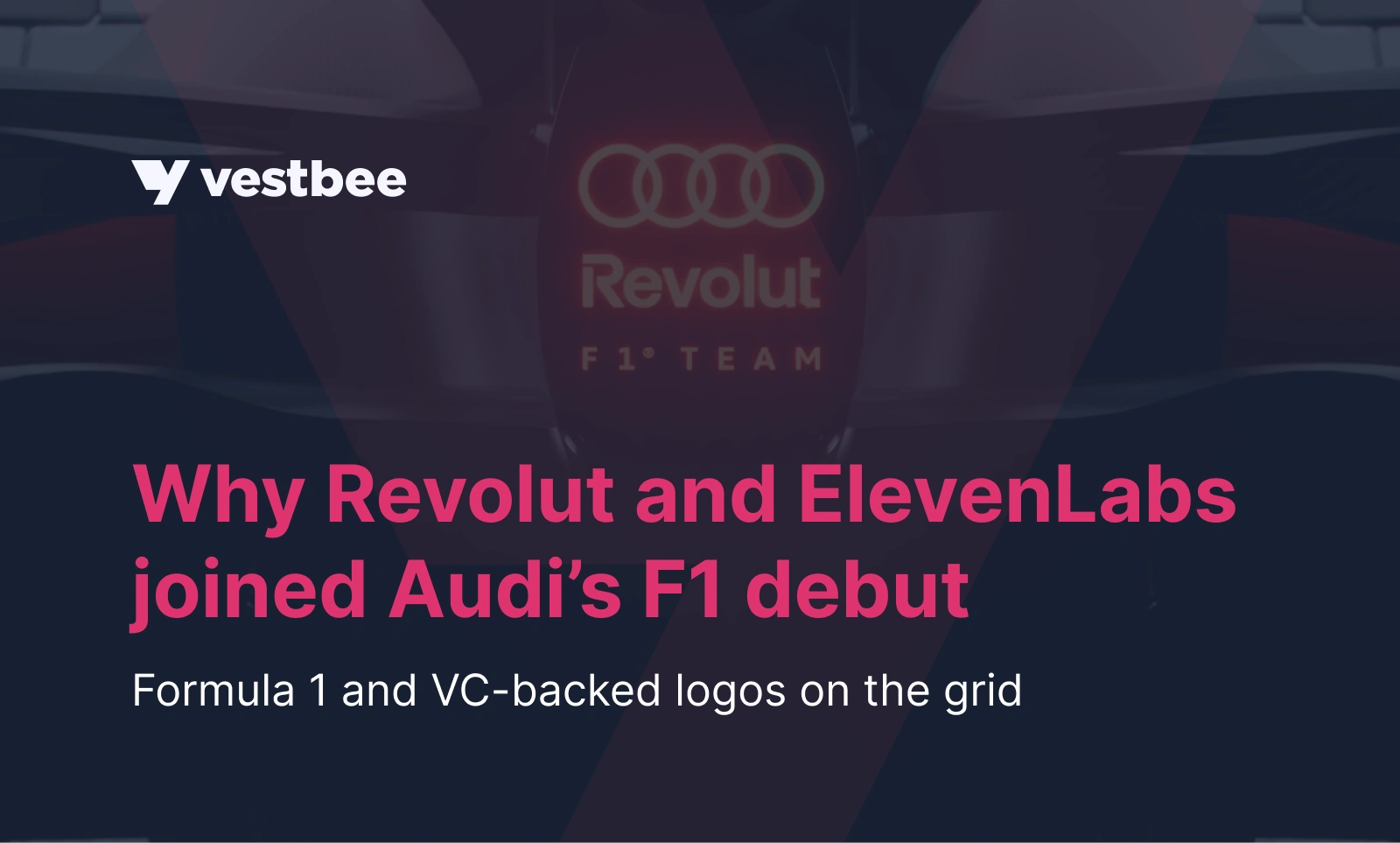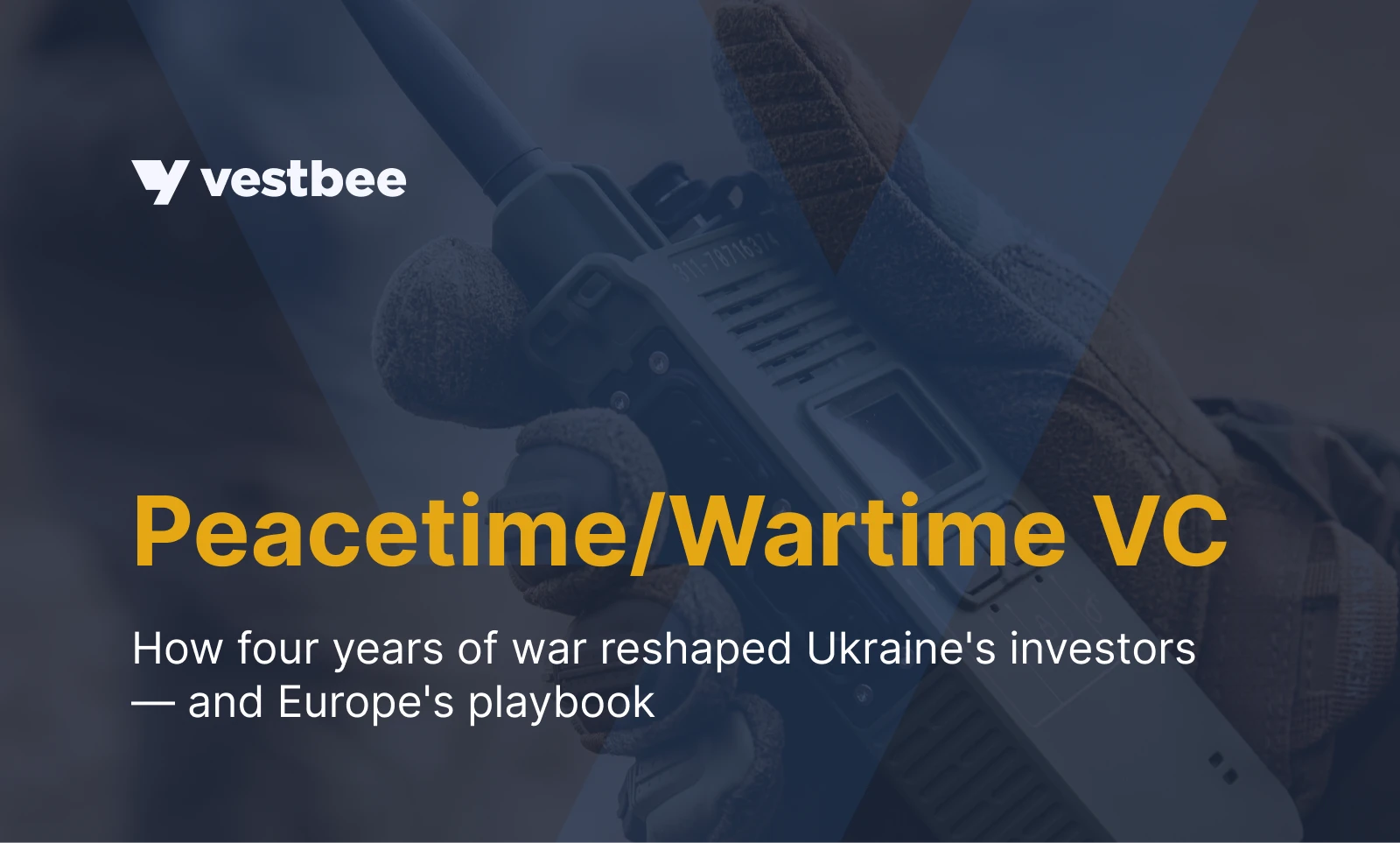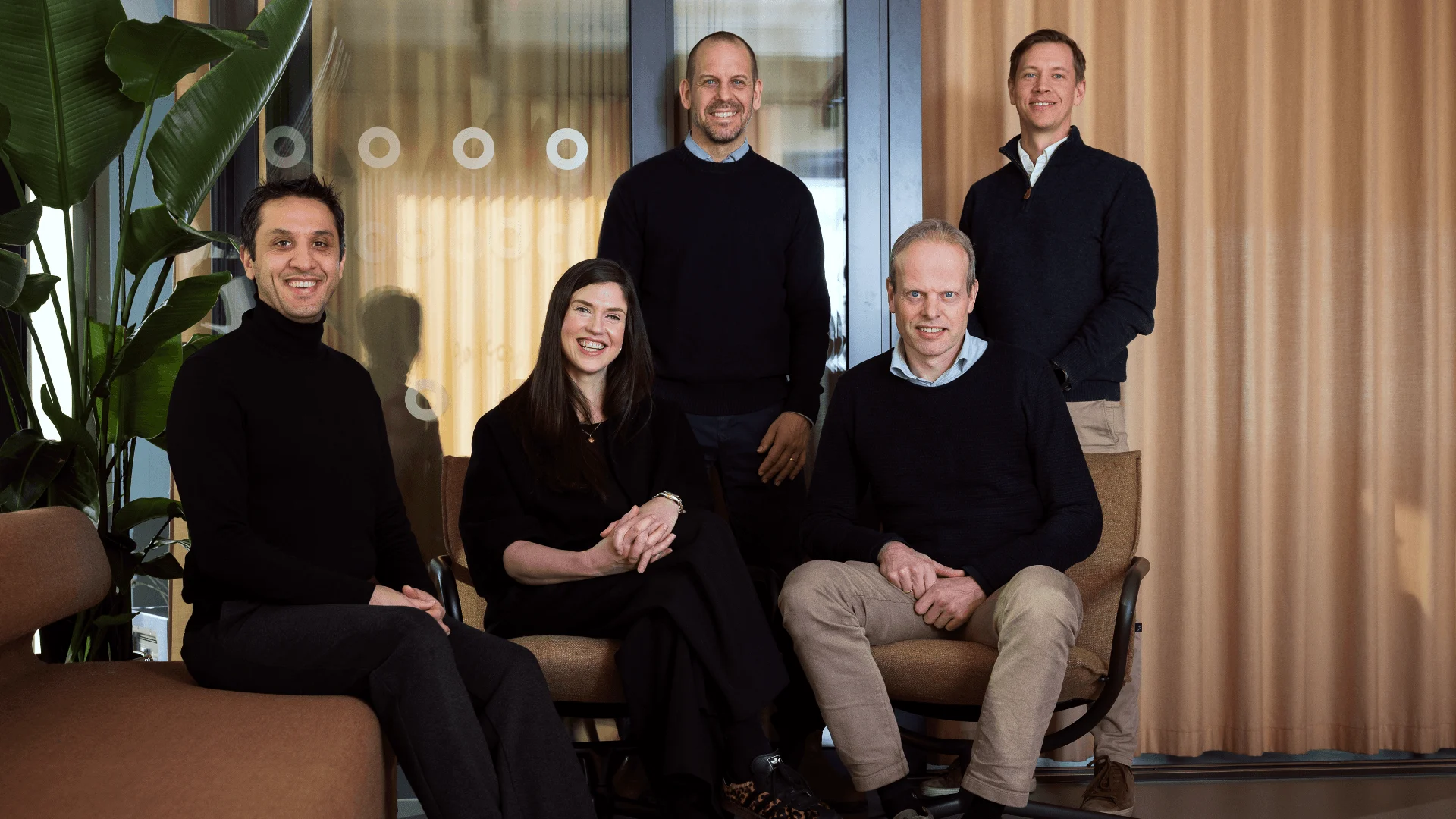Venture capital investment in Europe's defence sector is on the rise, with 2024 funding projected to reach a record $1 billion, according to Dealroom. Since 2018, defence-related startups — particularly in Germany, the UK, and France — have attracted $3 billion, outpacing other VC activity in NATO countries by 25%, driven by geopolitical tensions and the war in Ukraine.
Vestbee reached out to some of the most active investors in Europe’s growing defence tech landscape — including Balnord, Coinvest Capital, Keen Venture Partners, and Superangel — to gather their insights on the most promising startups driving innovation in the sector. There was just one rule: they couldn’t name any companies from their own portfolios.
Marcin P. Kowalik, General Partner at Balnord
- Advanced Protection Systems, Poland
APS provides anti-drone detection and neutralization systems for protecting critical infrastructure. They stand out as one of the fastest-growing frontier tech companies in the Baltic Sea region and exemplify the successful dual-use trajectory. The company started in civilian markets, refining its technology with commercial clients before expanding into defence. This led to robust systems validated in airports, energy, and national security sectors.
- Revobeam, Poland
Gdansk-based company Revobeam develops advanced beam steering antennas and anti-jamming communication technologies for contested environments. What impresses us about them is their team cohesion and deep expertise in radio technologies. The founding team has worked together for many years, creating a level of trust and efficiency that's difficult to replicate. Their technical solutions have already been tested by NATO and in Ukraine, validating their effectiveness under the most challenging conditions.
- ELFys, Finland
The company creates next-generation photodetectors with superior sensitivity for space, defence, and healthcare monitoring applications. It perfectly illustrates the potential for European technological autonomy in critical components. Its recent technology could be developed and manufactured entirely with European components, eliminating dependency on external supply chains that could become geopolitical vulnerabilities.
- Bavovna.ai, Ukraine
Delivers AI-powered navigation systems for unmanned aerial vehicles that function in GPS-denied or jammed environments. The company is capitalizing on one of the most crucial defence technology trends as its solutions address a fundamental vulnerability in modern warfare — the dependence on satellite navigation systems that can be jammed or spoofed.
- Vidoc Security Lab, Poland
Vidoc Security provides AI-driven tools that detect, validate, and automatically remediate security vulnerabilities in code. Although its core market is not the defence sector, its focus on secure AI adoption addresses a critical gap in defence technology development, allowing organizations to leverage artificial intelligence while maintaining robust security protocols. Its approach is particularly valuable for defence applications because its technology runs local scans rather than sending sensitive code to the cloud.
- Helsing, Germany
They've rapidly established themselves as Europe's defence AI champion, attracting significant funding. Their focus on pan-European collaboration aligns well with broader efforts to maintain technological sovereignty in critical defence capabilities. They've built a substantial technical team relatively quickly and expanded beyond software into hardware integration (production of 6000 strike drones for Ukraine).
Viktorija Trimbel, Managing Director at Coinvest Capital
- CBRX, Lithuania
It has a very experienced team, dedicated to revolutionizing cybersecurity operations. They automate tedious incident analysis tasks, freeing up to 90% of the analyst's time, aiming both to handle and prevent cybersecurity incidents with seamless integration with the existing security systems of the client.
- StarFlight Dynamics, Germany
The startup has a very talented team of seasoned entrepreneurs and PhDs in space and new materials, with exit experience. They are developing and delivering the dual-use infrastructure & solutions necessary for energy-intensive process industries to thrive in space.
- SensusQ, Estonia
Experienced founders with military and intelligence backgrounds and understanding of the real pain & needs of end users. They provide a domain-independent intelligence management platform that integrates easily with existing processes without demanding radical changes and enables access to information in real time.
MatNex is using AI to make superior materials faster than ever before, by harnessing the accuracy of leading material modelling techniques and the speed of machine learning models. They can rapidly design and create new materials that solve performance, cost, and environmental issues, and have even developed the first new magnets in over 40 years.
- Wayren, Estonia
We see so many “theoretical” solutions, but Wayren is one of the few that is delivering real-world, field-ready communication infrastructure. The timing is perfect, and their technology solves an urgent gap in both defence and critical industry operations where failure is not an option. This is the kind of capability European ecosystems need to back more.
- Evitado, Germany
Started in the civil aviation sector and transferred its expertise to the military. They are developing a temporary installable collision avoidance system to aid in moving large objects, such as moving an aircraft into a hangar. The system provides advanced collision warnings before an accident occurs, avoiding costly damages.
- SkyCorp Technologies, Estonia
The case of green tech meeting miltech – developing hydrogen-powered drones for the first response, defence, agriculture, energy and infrastructure. Their solution for the high gravimetric energy density of hydrogen extends the hydrogen drone flight endurance from minutes to hours and unlocks groundbreaking capabilities.
Jaan Kokk, Portfolio Administrator and Investment Associate at Superangel
- NAD (Nordic Air Defence), Sweden
Nordic Air Defence is an up-and-coming European defence company due to its innovative focus on cost-effective, high-performance aerial target solutions. Leveraging advanced propulsion technology and Scandinavian engineering, the company is gaining traction as a trusted partner in modern air defence systems
- 26Marshals, UK
26marshals is an emerging European defence tech company revolutionizing tactical-level command by transforming traditional radio communications into AI-powered, real-time battlefield insights. With a focus on ease of integration and offline functionality, their system modernizes decision-making without disrupting existing military infrastructure.
Labrys Technologies is a leading European defence tech company. Labrys' platform transforms how organisations manage their global workforce and globally dispersed teams. They team marries up world-class engineers alongside a founding team comprised of defence, cyber, and national security veterans and experts. Their solutions address some of the most intractable problems in defence, including command & control (C2), payments, and resilient communications.
- Project Q, Germany
Project Q is a rising European defence tech company delivering an open-source, AI-powered orchestration platform that enables true interoperability across military and civil systems. By fusing real-time data, enhancing situational awareness, and integrating with existing infrastructure, Project Q is setting new standards for modern, sovereign European defence solutions.
Giuseppe Lacerenza, Partner at Keen Venture Partners
- Himera, Ukraine
Himera creates tactical communication systems for global defence forces, leveraging their unique access to an active modern battlefield. Their real-world feedback loop allows them to continuously iterate and deploy highly effective, resilient communication solutions in environments where reliability and security are mission-critical.
- SPHERICAL, the Netherlands
SPHERICAL is leading in designing dedicated semiconductors and uses them to build electronic subsystems for aerospace applications, starting with satellites. Their vertically integrated approach — from custom chip design to system-level deployment — provides a competitive edge in performance, security, and cost-efficiency for space and defence markets.
- Comand AI, France
Comand AI is revolutionizing battlefield decision-making with next-generation autonomy and AI-driven mission support systems. By combining real-time data ingestion, multi-domain operational awareness, and predictive analytics, they enable faster and more effective tactical decisions across complex environments.
- Scaleout Systems, Sweden
Scaleout delivers federated learning solutions, enabling organizations to collaboratively train AI models without moving sensitive data. Their platform is particularly valuable for defence applications, where data sovereignty, security, and distributed operations are crucial. By bringing intelligence from the cloud to the tactical edge, they unlock AI capabilities in environments previously unreachable.
- Hefring Marine, Iceland
Hefring Marine empowers AI-driven vessel operations through their IMAS system, which utilizes AI, data analytics, and edge computing to optimize performance. IMAS enhances crew safety, improves fuel efficiency, and increases vessel sustainability by enabling real-time, data-driven decision-making — a critical capability for both military and security maritime operations.







